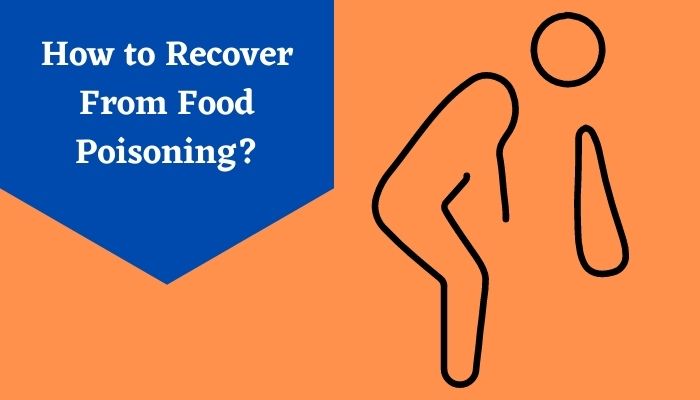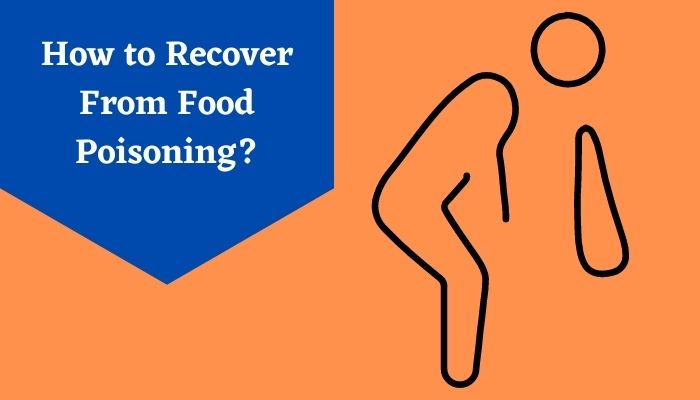Food poisoning is a common disease that affects many people all across the globe on a daily basis. It is painful and causes a lot of discomforts. However, it is rarely life-threatening and can be managed by following some simple remedies at home. If however, the illness keeps getting serious with no signs of recovery, you may require hospitalisation.
Causes of food poisoning
As the name suggests, food poisoning happens due to the consumption of contaminated food. It is caused by several bacteria and fungi that infect the food and when you eat that food, gets transmitted to your body. This causes a severe reaction and you get loose motion. Nausea and vomiting also follow. Soon, you get dehydrated, and if infected, then you may break out into a fever too.Food poisoning is accompanied by severe stomach pain, along with vomiting and frequent, loose motions.
Food poisoning treatment
Food poisoning, though common, is a very severe illness that can leave you extremely tired and fatigued. As a result, you will need to rest as much as you can. Other remedies include:Staying hydrated
As stated, food poisoning causes severe vomiting and loose motion, both of which cause dehydration. This is why you need to keep having fluids. Your best bet is plain water, but electrolytes, coconut water and a light lemonade may also help. Remember not to gulp down the entire glass of beverage at once, as that will make you throw it up instantly. Slowly sip the drink and consume it gradually. Keep yourself hydrated as that is very important to do when you have food poisoning.Eating bland food
You have to give time to your body to heal. At such a time, rather than putting more pressure on your tummy, assist in the healing process by consuming bland food in small quantities. Avoid spicy and oily food items as they are difficult to digest and may further aggravate the upset stomach. Eat boiled rice, lentil soups, steamed veggies, plain toasted bread, etc. Avoid caffeine and dairy products at this time as they cause bloating and further discomfort. Eat only when you feel hungry and do not eat large quantities at one go. If you do not feel like eating, skipping a meal may be fine, but staying hydrated will be very crucial.Getting sufficient rest
When you rest, your body gets the time and opportunity to heal. So stay put in bed and give yourself as much rest as you possibly can. Apart from healing, resting is also needed because you are weak and dizzy during a bout of food poisoning. Moving around may be risky as you may fall over. So keep resting till you feel better. If you have to go out, take public transport as driving is strictly prohibited at such a time.Avoiding stimulating food and drinks
There are certain foods and drinks that stimulate the gut and make you feel uncomfortable. These include deep-fried, spicy foods such as fritters and kebabs. The same holds true for rich beverages such as milkshakes or alcoholic drinks. Stay away from all such types of foods and drinks when you suffer from food poisoning. If you consume stimulating food at such a time, you will keep throwing up and the healing process will get prolonged.Meeting the doctor
And last but definitely not least, meet your doctor. Do not ignore any serious symptoms. If you do not feel better within a day by following the remedies mentioned above, then definitely pay a visit to your physician. At times, the bacteria or the virus causing the food poisoning is very strong and you require strong, prescription drugs to eliminate the microorganism. You may also need IV fluids at this time. Rather than staying put at home and worsening the condition, get yourself checked to rule out any complications that may arise in the future. This especially holds true for kids or senior citizens who are more susceptible to serious food poisoning.Food poisoning is curable, so stay calm and follow the tips mentioned above and you will get better real soon.

